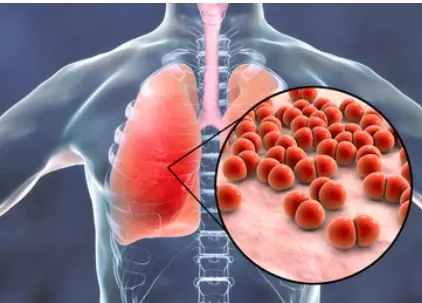 Welcome
Welcome
“May all be happy, may all be healed, may all be at peace and may no one ever suffer."
- A
- B
- C
- D
- E
- F
- G
- H
- I
- J
- K
- L
- M
- N
- O
- P
- Q
- R
- S
- T
- U
- V
- W
- X
- Y
- Z
Severe diarrhea - Generics
Severe diarrhea is a condition where a person experiences frequent, watery bowel movements. It is usually caused by an infection, such as gastroenteritis, which is often viral or bacterial in nature. Other causes of severe diarrhea may include inflammatory bowel disease (IBD), food intolerance, medication side effects, or other medical conditions.
Symptoms of severe diarrhea may include dehydration, abdominal cramps, fever, nausea, and vomiting. It is important to seek medical attention if symptoms persist for more than a few days or if you are experiencing severe dehydration or other complications.
Treatment for severe diarrhea typically involves rest, increased fluid intake, and in some cases, medications to control symptoms such as anti-diarrheals or anti-inflammatory drugs. In cases of severe dehydration, hospitalization may be required for intravenous fluids and electrolyte replacement.
Prevention of severe diarrhea can be achieved by practicing good hygiene, including washing your hands regularly and avoiding contact with contaminated food or water sources. Additionally, avoiding certain foods or beverages that can trigger symptoms can also help prevent severe diarrhea.

Carbohydrate nutrient in...

Chronic bronchitis

Cholera

Gluten enteropathy or spr...

Ovarian Hyperstimulation...

Male infertility

Artificial sweetener

Idiopathic thrombocytopen...
Severe diarrhea, মারাত্মক ডায়রিয়া
To be happy, beautiful, healthy, wealthy, hale and long-lived stay with DM3S.